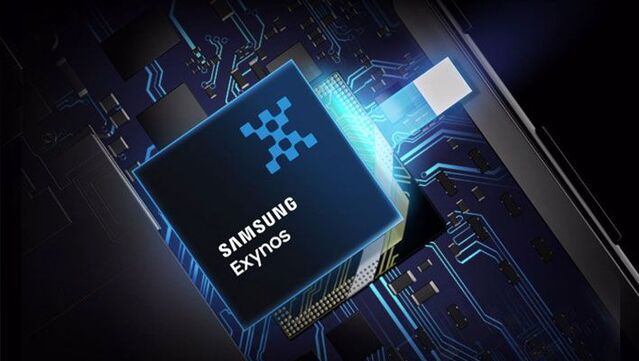Even Qualcomm's much-anticipated Snapdragon 8 Elite 2 chipset won't be 2nm.
By Devesh Beri August 1, 2025

Credit: Samsung
After swirling around the rumor mill for quite some time, the Exynos 2600 has finally been confirmed to be the first smartphone chipset made with Samsung's 2nm GAA (Gate-All-Around) process. The chipset places Samsung ahead of competitors like Apple, Qualcomm, and MediaTek, which use TSMC's 3nm manufacturing process for their flagship chips.
The Exynos 2600 is expected to debut with the Galaxy S26 series in early 2026. Samsung says the chip will have a 10-core CPU layout, including one prime core, three big cores, and six performance cores. It will also include the Xclipse 960 GPU, which is said to be 15% more powerful than Qualcomm's Adreno 830 GPU used in the Snapdragon 8 Elite.
Even the much-anticipated Snapdragon 8 Elite 2 chipset won't be 2nm. Instead, it's still a 3nm process, but this time it's N3P, a "performance-optimized" and refined version of their earlier 3nm processes. It will launch in September.
In addition to advancing its chip business, Samsung's Galaxy Z Fold7 has performed well sales-wise, surpassing its predecessor by 50%.
More details about the Exynos 2600 will emerge closer to the launch of the S26 lineup.
By Devesh Beri August 1, 2025

Credit: Samsung
After swirling around the rumor mill for quite some time, the Exynos 2600 has finally been confirmed to be the first smartphone chipset made with Samsung's 2nm GAA (Gate-All-Around) process. The chipset places Samsung ahead of competitors like Apple, Qualcomm, and MediaTek, which use TSMC's 3nm manufacturing process for their flagship chips.
The Exynos 2600 is expected to debut with the Galaxy S26 series in early 2026. Samsung says the chip will have a 10-core CPU layout, including one prime core, three big cores, and six performance cores. It will also include the Xclipse 960 GPU, which is said to be 15% more powerful than Qualcomm's Adreno 830 GPU used in the Snapdragon 8 Elite.
Even the much-anticipated Snapdragon 8 Elite 2 chipset won't be 2nm. Instead, it's still a 3nm process, but this time it's N3P, a "performance-optimized" and refined version of their earlier 3nm processes. It will launch in September.
In addition to advancing its chip business, Samsung's Galaxy Z Fold7 has performed well sales-wise, surpassing its predecessor by 50%.
More details about the Exynos 2600 will emerge closer to the launch of the S26 lineup.

